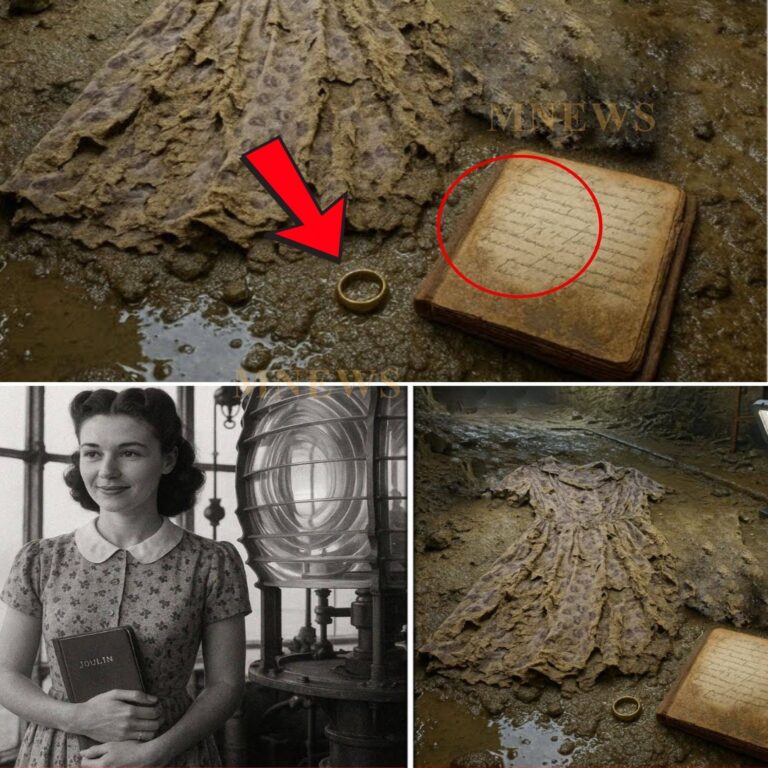In a fiery segment that captivated audiences, late-night host Jimmy Kimmel took aim at both Donald Trump and Karoline Leavitt, Trump’s press secretary, during a live broadcast. Kimmel’s sharp humor targeted Trump’s recent comments on military fitness, juxtaposing the former president’s well-known indulgent lifestyle with his calls for a more physically fit military. The comedic roast was underscored by Kimmel’s biting quips, including the memorable line about Trump being “the Pillsbury Dough president,” suggesting a disconnect between Trump’s rhetoric and his reality.

Kimmel’s critique went beyond mere humor, exposing the absurdity of a leader promoting fitness while embodying excess. He cleverly illustrated this contradiction with visual metaphors, like the idea of Trump doing push-ups from the side of an ice cream truck. This imagery not only elicited laughter but also highlighted a deeper commentary on the state of political discourse, where appearances often overshadow authenticity.
The segment took a sharp turn when Kimmel pivoted to Leavitt, mocking her defense of Trump’s past actions. By pointing out her age during significant events, Kimmel underscored the blind loyalty of political surrogates who defend implausible narratives. This moment served as a commentary on the lengths to which supporters go to justify the indefensible, revealing a troubling trend where political loyalty is equated with rehearsed denial rather than genuine conviction.
Kimmel then shifted focus to Trump’s legal battles, particularly his $15 billion defamation lawsuit against the New York Times. The absurdity of the figure, likened to a child’s fantasy, further emphasized the disconnect between Trump’s claims and reality. Kimmel’s delivery turned Trump’s melodramatic statements into comedic fodder, showcasing how the former president’s self-aggrandizing rhetoric often veers into the realm of the ridiculous.
As the segment progressed, Kimmel’s humor turned to the surreal, with references to garbage bags being tossed from the White House, blurring the lines between reality and satire. This imagery served as a metaphor for the moral and administrative decay perceived by many in Trump’s administration, and Kimmel’s comedic style effectively highlighted the absurdity of the situation.
In a final twist, Kimmel mocked Trump’s tendency to deflect criticism by labeling it a “Democrat plot,” illustrating how victimhood has become a common deflection strategy in political rhetoric. The culmination of Kimmel’s commentary painted a vivid picture of modern political absurdity, where spectacle often eclipses sincerity.

Through sharp wit and incisive observation, Kimmel’s segment not only entertained but also prompted viewers to reflect on the current political landscape, revealing the intricate dance between humor and truth in a world increasingly dominated by spectacle.






